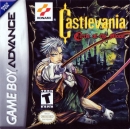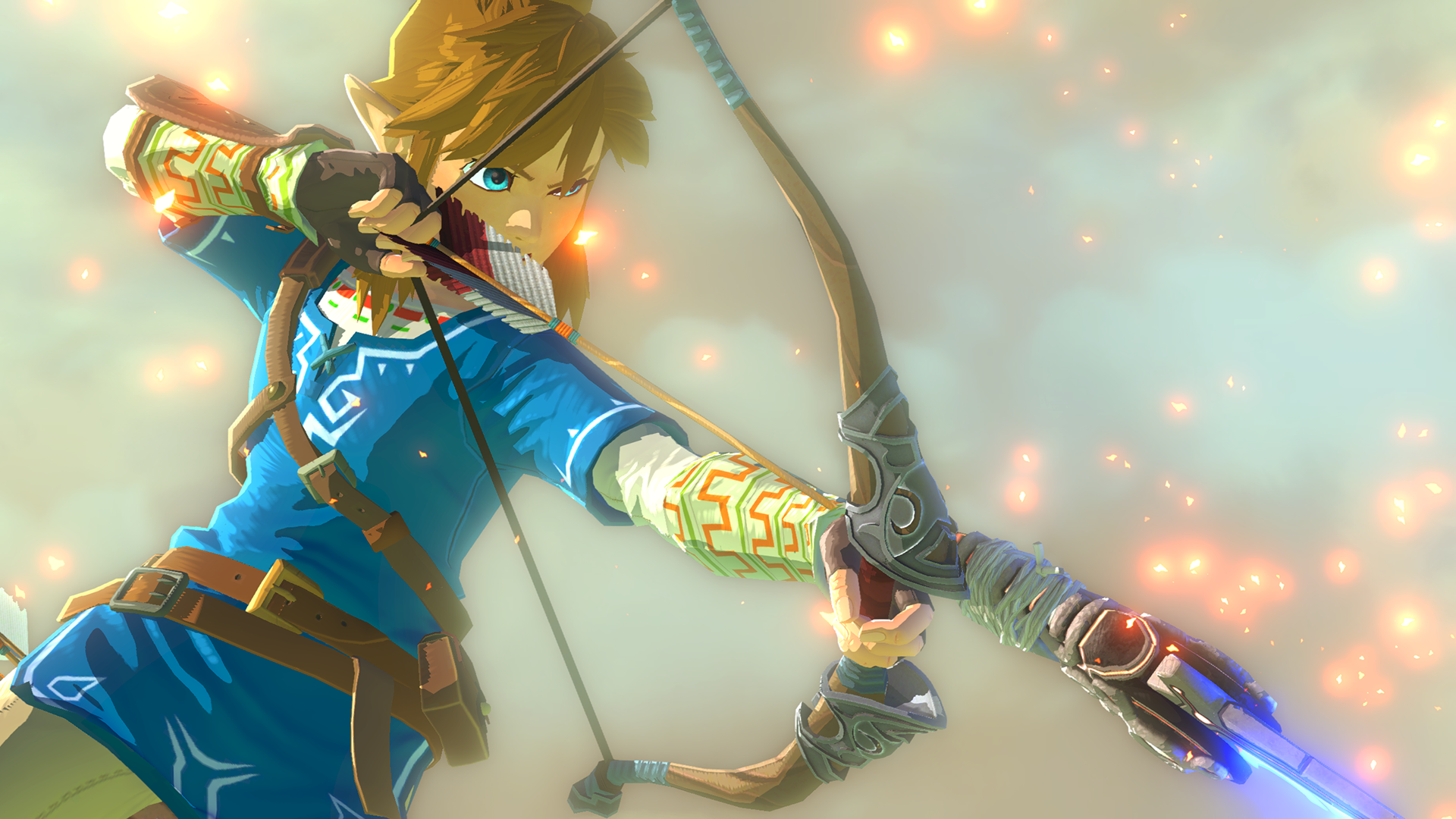http://www.youtube.com/watch?v=mhlc7peGlGg
I've been reading The Curious Incident of the Dog in the Night-Time by Mark Haddon and I heard of this nifty little thing for the first time.
Imagine that the set of Monty Hall's game show Let's Make a Deal has three closed doors. Behind one of these doors is a car; behind the other two are goats. The contestant does not know where the car is, but Monty Hall does.
The contestant picks a door and Monty opens one of the remaining doors, one he knows doesn't hide the car. If the contestant has already chosen the correct door, Monty is equally likely to open either of the two remaining doors.
After Monty has shown a goat behind the door that he opens, the contestant is always given the option to switch doors. What is the probability of winning the car if she stays with her first choice? What if she decides to switch?
One way to think about this problem is to consider the sample space, which Monty alters by opening one of the doors that has a goat behind it. In doing so, he effectively removes one of the two losing doors from the sample space.
We will assume that there is a winning door and that the two remaining doors, A and B, both have goats behind them. There are three options:
- The contestant first chooses the door with the car behind it. She is then shown either door A or door B, which reveals a goat. If she changes her choice of doors, she loses. If she stays with her original choice, she wins.
- The contestant first chooses door A. She is then shown door B, which has a goat behind it. If she switches to the remaining door, she wins the car. Otherwise, she loses.
- The contestant first chooses door B. She is then is shown door A, which has a goat behind it. If she switches to the remaining door, she wins the car. Otherwise, she loses.
Each of the above three options has a 1/3 probability of occurring, because the contestant is equally likely to begin by choosing any one of the three doors. In two of the above options, the contestant wins the car if she switches doors; in only one of the options does she win if she does not switch doors. When she switches, she wins the car twice (the number of favorable outcomes) out of three possible options (the sample space). Thus the probability of winning the car is 2/3 if she switches doors, which means that she should always switch doors - unless she wants to become a goatherd.
This result of 2/3 may seem counterintuitive to many of us because we may believe that the probability of winning the car should be 1/2 once Monty has shown that the car is not behind door A or door B. Many people reason that since there are two doors left, one of which must conceal the car, the probability of winning must be 1/2. This would mean that switching doors would not make a difference. As we've shown above through the three different options, however, this is not the case.
One way to convince yourself that 2/3 is the correct probability is to do a simulation with a friend. Have your friend impersonate Monty Hall and you be the contestant. Keep track of how often you win the car by switching doors and by not switching doors.
Source: http://mathforum.org/dr/math/faq/faq.monty.hall.html
Crazy stuff, huh?
"I don't understand how someone could like Tolstoy and Dostoyevsky, but not like Twilight!!!"
"Last book I read was Brokeback Mountain, I just don't have the patience for them unless it's softcore porn."
(The Voice of a Generation and Seece)
"If you cant stand the sound of your own voice than dont become a singer !!!!!"
(pizzahut451)



























































 .
.



